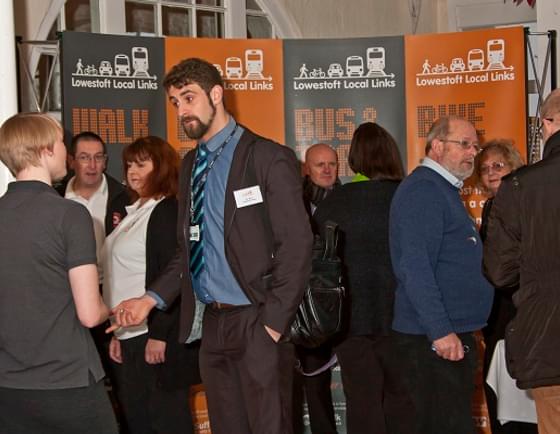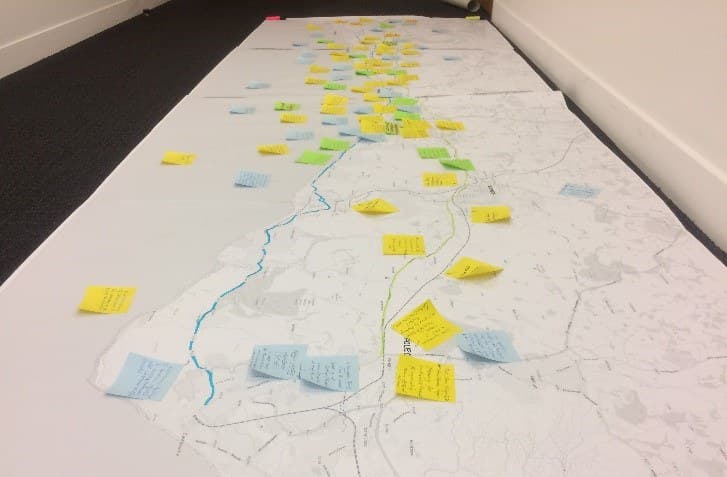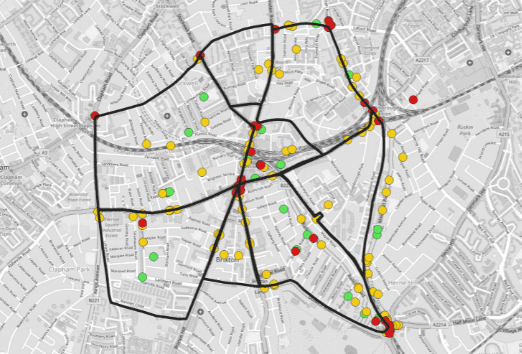Effective communication is central to successful delivery of almost any project. In sustainable transport contexts this often stems from early-stage consultation and outreach with key stakeholder groups to compile different viewpoints, and identifying areas of consensus and disagreement.
We regularly consult stakeholders at different stages of our projects; including senior policy and decision-makers, local authority officers and members, business leaders, transport operators and members of the public.




